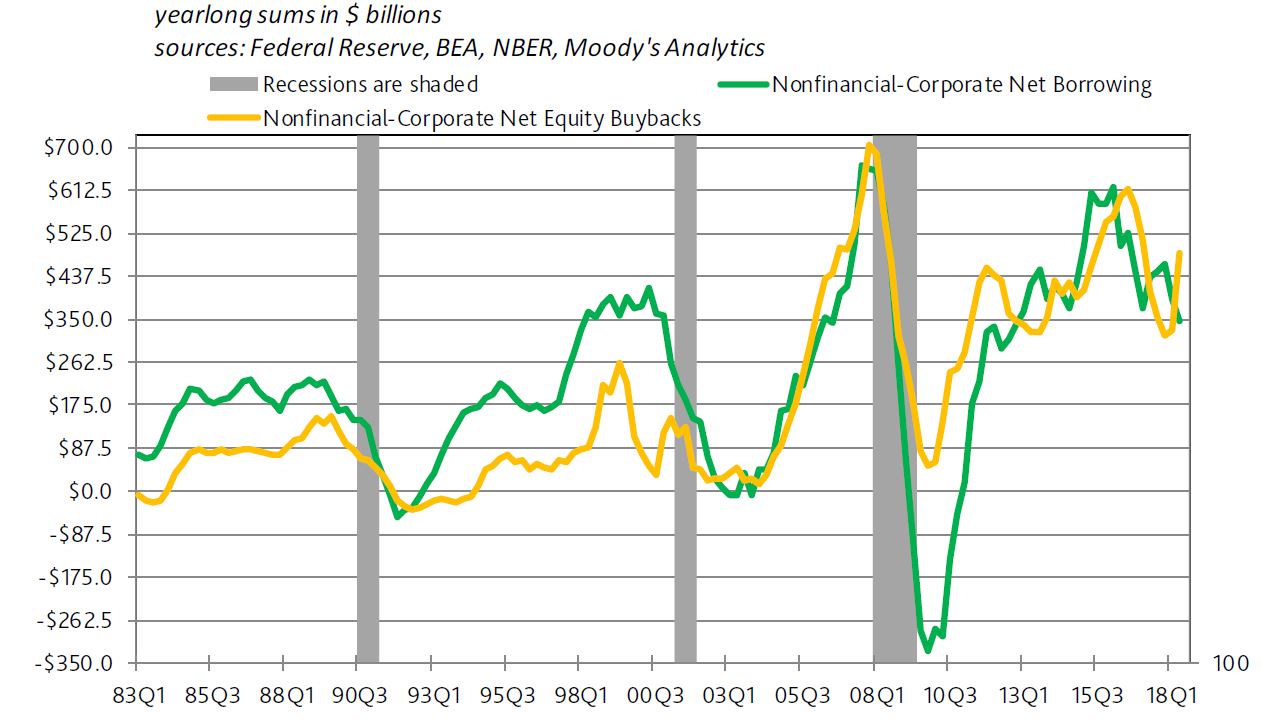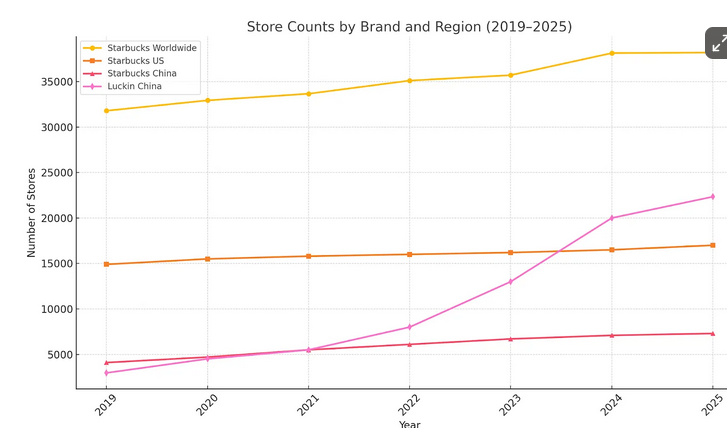
John Maynard Keynes
John Maynard Keynes believed that ideas, hospitality, travel, knowledge and science should move freely between nations. if a country could reasonably produce something physical it needed, it should. Trade should exist, but be kept to a minimum.
I’d like to highlight something Matt Stoller (the anti-trust guy) recently wrote:
In May of 2020, the Chinese Communist Party (CCP) declared its economic strategy, using the phrase “dual circulation.” Dual circulation meant fostering a domestic productive apparatus that is independent of foreign technology and finance, while making sure the rest of the world is dependent on Chinese control of key supply chains, whether it’s shipping, railroad construction, electric batteries, or solar panels. Chinese ‘grand economic strategy,’ in other words, is to operate as a giant monopoly on which the rest of the world must rely.
Matt says this isn’t about Trump, but notice it’s from 2020. It is about Trump: Trump in the first term, with his anti-Huawei sanctions. The Chinese realized they were vulnerable and the national effort became making sure they controlled all their own critical supply chains. Having seen how the US used financial sanctions and supplier boycotts, they regrettably decided to reverse the situation.
Now what one needs to understand is that after WWII American controlled most of the key supply chains outside of the Russian bloc. They had over 50% of the world’s industry. If you wanted something, you have to get it from them. Over time, this franchise expanded, first back to the Euros, as they re-built their industry, then to the Japanese, Taiwanese and South Koreans. All of these nations were firmly American vassals. Not allies, vassals with military bases in their countries.
The West, led by America and the USSR had all the advanced tech. In the 70s the USSR fell behind, they couldn’t manage the digital revolution happening, and then the USSR collapsed and the West, really America, ruled unchecked.
If you wanted any advanced tech: planes, cars, computers, weapons, etc… it had to come from America or one its vassals. The US effectively had “dual circulation”, especially since it also had full control of the international finance system and could lock anyone out at will.
This wasn’t theoretical, US sanctions on Iraq in the 90s under Billy Clinton killed at least hundreds of thousands of people. I once talked to an Iraqi oncological pediatrician from the 90s and her incandescent rage over all the children who died of cancer she couldn’t save because of American sanctions was so hot it blotted out the sun.
Once such sanctions had been rare (though there are cases back in the 50s.) The most notable is the multi-generation trade blockade of Cuba.
But from Clinton on use of these sanctions became routine, “Treasury’s Wars.” Millions died, many more were impoverished.
So, China has learned from the evil master. And it has decided that if there is such a weapon, it will have it and use it and no one else can have it.
Everyone who rages against this is correct. No country should have this power. Not America. Not China. No one.
We’re about 2 1/2 weeks into our annual fundraiser. Our goal is $12,500 (same as last year). So far we’ve raised $7,695 from 64 people out of a readership of about 10,000.
If you read this blog, you’re usually ahead of everyone else. You know, years in advance, much of what’s going to happen. The intelligence from this blog is better than what people pay $10,000/year for. Without donations and subscriptions, this blog isn’t viable. If you want to keep it, and you can afford to, please give. If you’re considering a large donation, consider making it matching. (ianatfdl-at-gmail-dot-com).
Subscribe or donate.
What should be the case is a trade regime where everyone makes most of what they need. Need medicine? Make it in your country. (Shut up about prices, if the supply chain is domestic then almost all that crap that MMTers go on about becomes true. Prices are irrelevant, it’s all in money you print.) To the largest degree possible, everyone makes what they need. Smaller countries will have a harder time, and trade-states like Singapore obviously can’t, but this is what a good world looks like.
This maximizes political autonomy, too. You can’t be blackmailed by other countries. Spread nukes around, and much military force goes off the table too. (And they are going to spread. The US has taught everyone that if you have nukes you’re safe, and if you don’t, you’re dinner.)
So. China is teaching the Western world the same lesson America taught China and Africa and Iraq, and Iran and Cuba. We: Europe, the Anglo countries, South Korean, Taiwan and Japan, were inside the bubble during the period when the US allowed its vassals decent lives. (Oh, they destroyed Japan’s tech and industrial lead, they gutted Britain after WWII, they forced Canada to destroy its world leading aviation industry), but overall, if you were on the inside of the “Golden billion” or, early, “the golden 500 million”, life was pretty damn good.
America used the whip, its vassals jumped to obey and everyone else was poor.
Then Americans got stupid and thought that China was like Japan, they could ship their industry there, makes lots of money and if necessary bring China to heel if it got out of hand.
Wrong. Morons. I and others warned about this for decades, how stupid it was, but no one in power listened. Probably a good thing, since it led to a billion people getting out of poverty, but it’s not going to be fun for those us living in the West.
So: the weapon is being wrested from the old hegemon’s palsied hands, and being wielded by the apprentice, the new master, the new hegemon.
Bow, insects, the new lord is here. And no, America isn’t going to get its hegemon status back, nor should anyone who isn’t American want it to.
The actual solution is Keynes solution. No one should have the weapon—the power—because every country should make, grow and dig as much of they need as possible, using trade only for what they genuinely can’t make or for luxuries they can do without in a pinch.
Subscribe or donate.
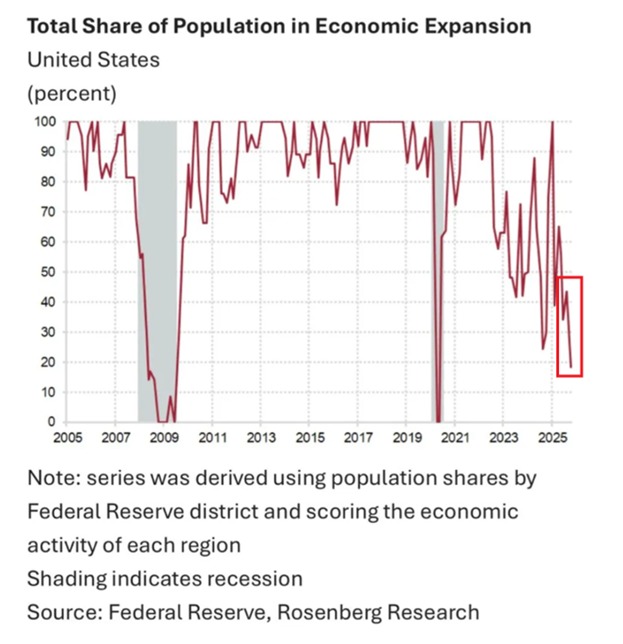
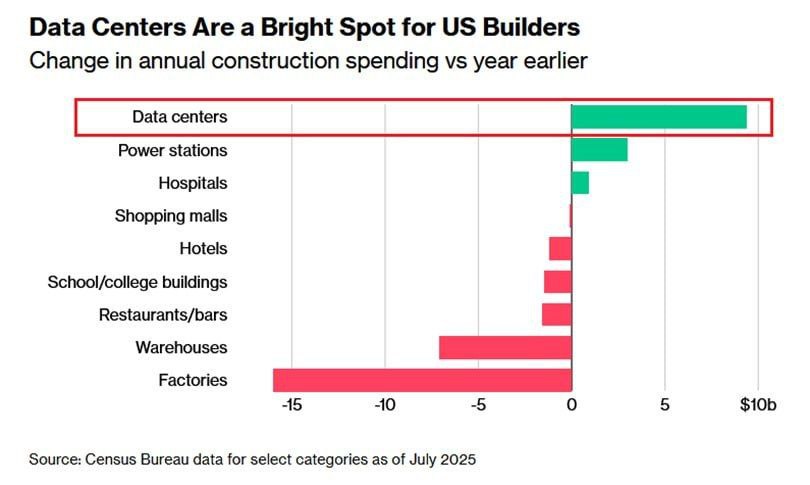

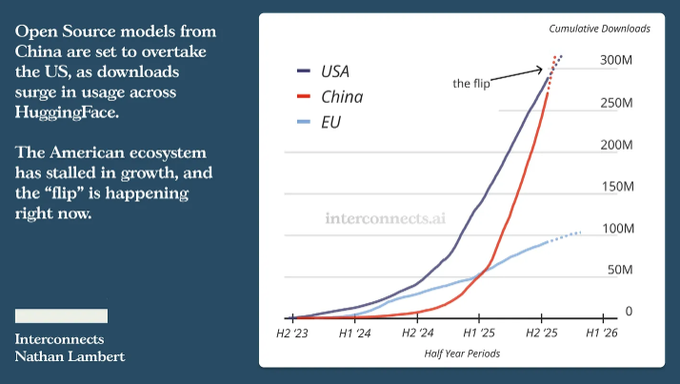 This is, again, because Chinese models are at least 90% cheaper to run, and mostly open source. Only a complete and utter moron would run their business using proprietary models where OpenAI or Anthropic can jack up the price any time they want or depreciate the model you actually needed. Even US startups agree, 70 to 80% of them are using Chinese open models.
This is, again, because Chinese models are at least 90% cheaper to run, and mostly open source. Only a complete and utter moron would run their business using proprietary models where OpenAI or Anthropic can jack up the price any time they want or depreciate the model you actually needed. Even US startups agree, 70 to 80% of them are using Chinese open models.
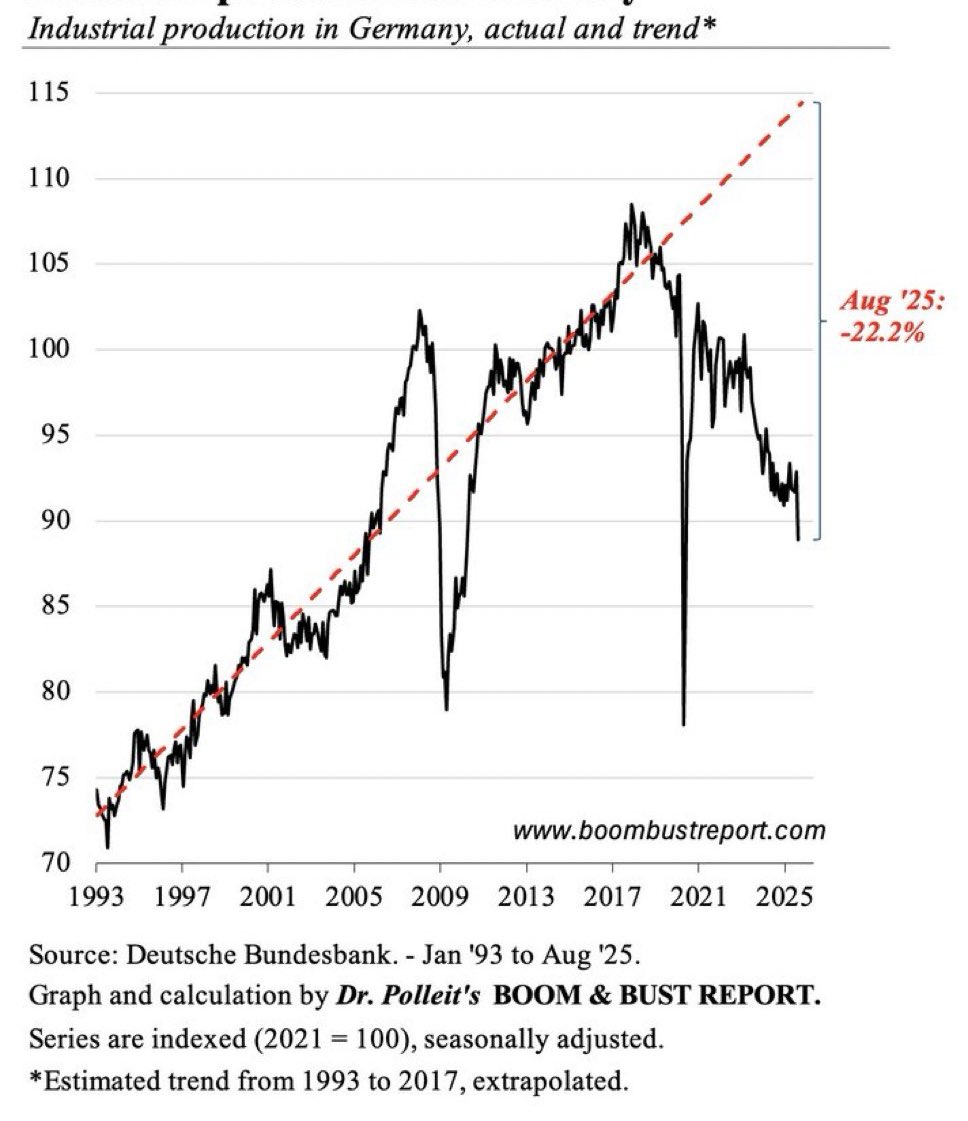

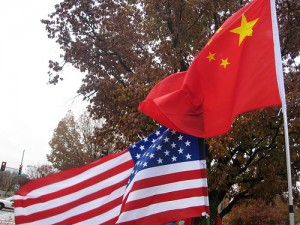
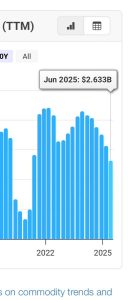 Starbucks sells expensive sugared drinks, and some of them have coffee in them. It’s been very profitable and despite some declines, remains so. The CEO was paid about $96 million last year. He was brought in to “turn Starbucks around”, and his main moves have been towards returning Starbucks to its roots as a “third place”, which is to say, somewhere other than work or home where people spend time.
Starbucks sells expensive sugared drinks, and some of them have coffee in them. It’s been very profitable and despite some declines, remains so. The CEO was paid about $96 million last year. He was brought in to “turn Starbucks around”, and his main moves have been towards returning Starbucks to its roots as a “third place”, which is to say, somewhere other than work or home where people spend time.